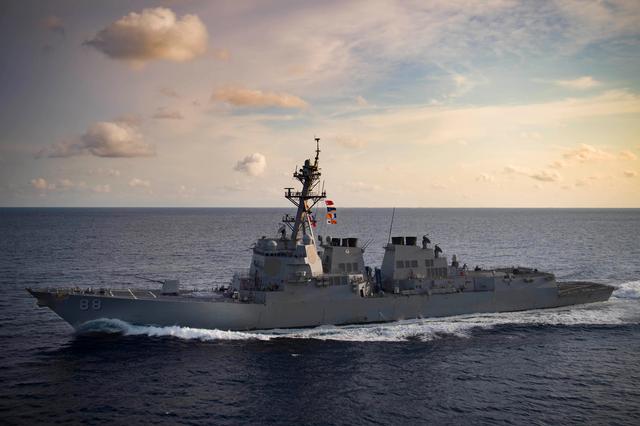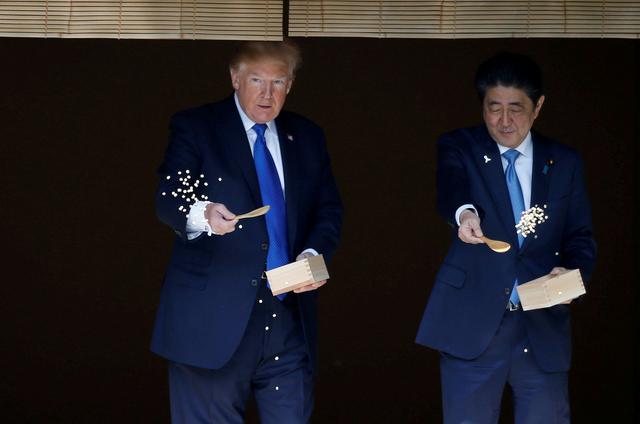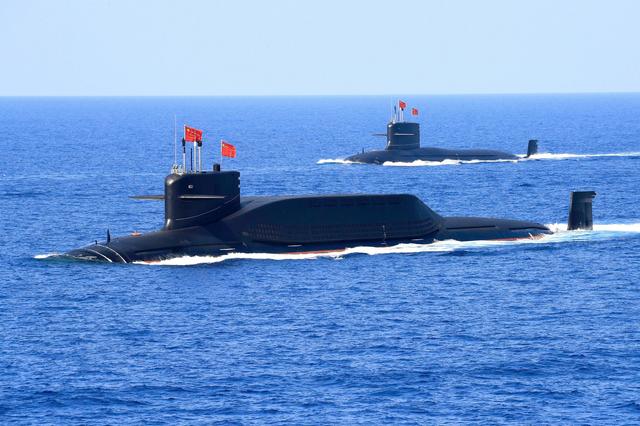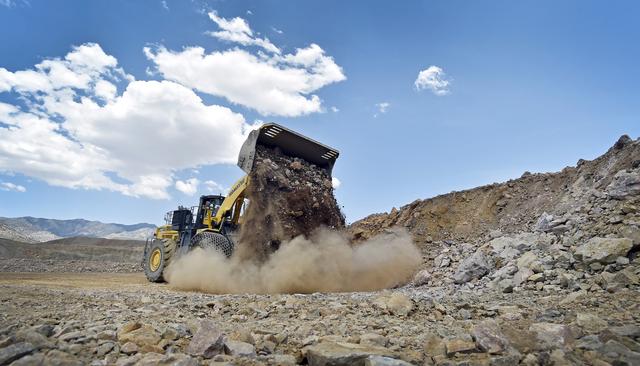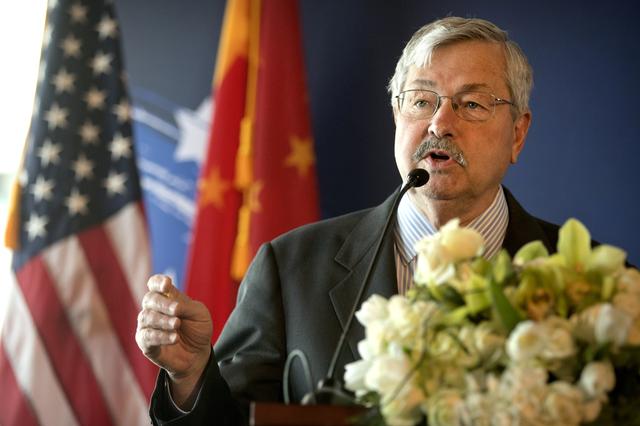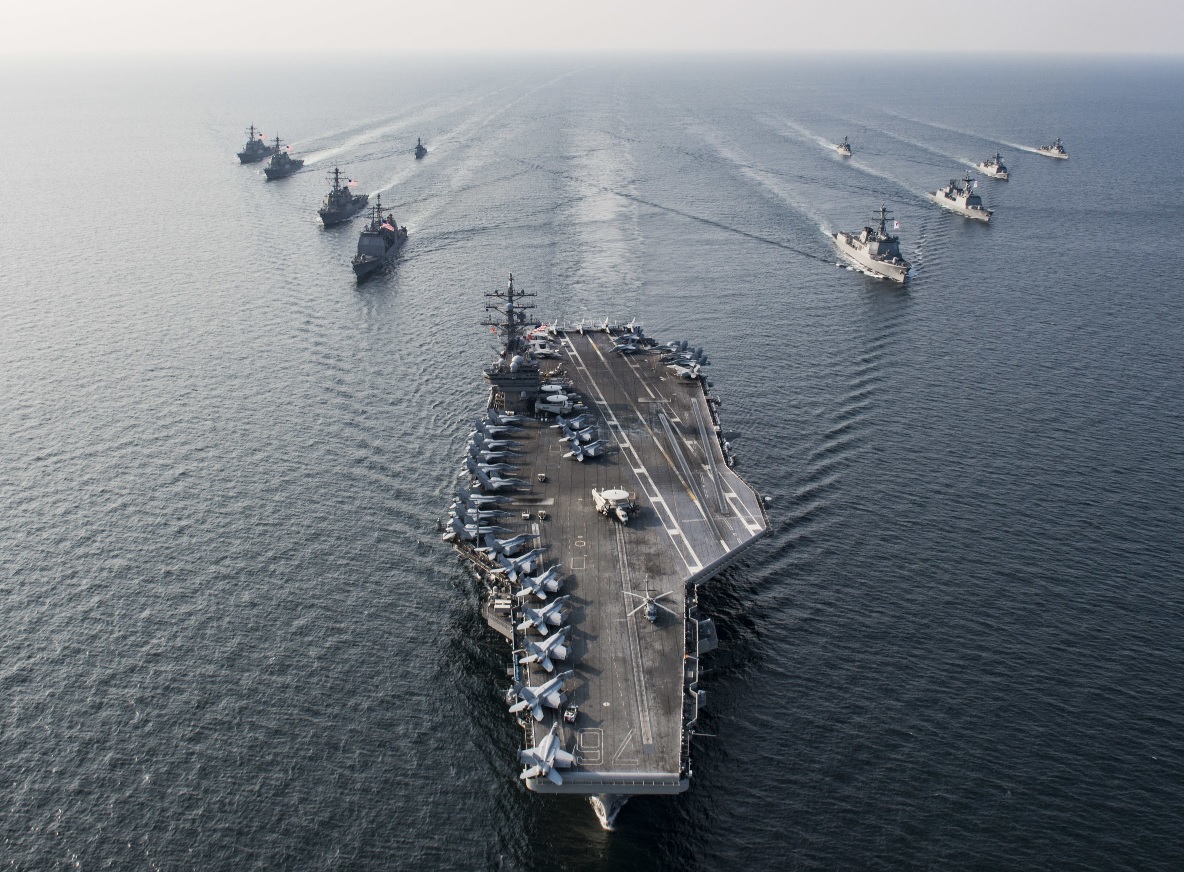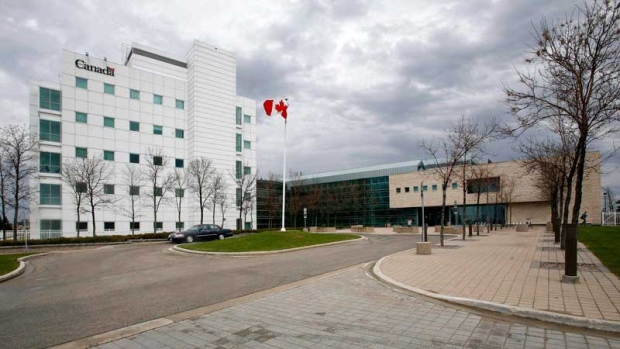From the ancient period up until the 18th century, Xinjiang had been ruled by over a score of sovereigns including Han Chinese sovereigns, Mongol sovereigns, Turkic sovereigns and Turco-Mongol sovereigns. Beginning in 1759, China’s last imperial dynasty, the Qing consolidated rule over Xinjiang and oversaw demographic and cultural changes to a region where Han Chinese, Chinese Hui Muslims and Turkic Muslims shared a unique and often turbulent multi-cultural experience.
If Xinjiang’s incorporation into the Great Qing represented a late modern move towards political consolidation in the region, the contemporary history of Xinjiang begun in 1912 when China as a whole ended millennia of dynastic rule and became a Republic following the Xinhai Revolution which began the previous year.
Between 1912 and 1928, Xinjiang was paradoxically one of the more stable regions of the Republic of China. To understand why this is the case, it helps to recall that the young Republic of China experienced political shock after political shock during its first sixteen years of existence. These shocks can be summed up as follows:
1912: Nanjing based Republican revolutionary Sun Yat-Sen makes a pact with Yuan Shikai of the Beiyang Army to overthrow the Qing Emperor in exchange for giving Yuan the post-imperial presidency which would oversee a modern parliamentary system.
1913: Yuan effectively abolishes parliamentary institutions dominated by Sun’s Kuomintang (KMT) party. An anti-Yuan revolution that same year fails, resulting in the exile of Sun and the execution of Sun’s KMT colleague Song Jiaoren.
December 1915 – March 1916: Yuan crowns himself emperor although his rule lasts for around three months prior to his abdication which itself was shortly followed by his death in June of 2016.
1917: Sun returns to China setting up his first southern KMT government in Guangdong province. That same year, an attempt by Japanese friendly forces in Beiyang to restore the Qing Dynasty fails after twelve days.
1916-1928: This twelve year period recognised as beginning with Yuan’s death and ending with Northern Expedition of 1928 is known as China’s Warlord Period in which the country was divided between a fledgling northern warlord Beiyang government and a southern Nationalist Government led by the KMT under Chiang Kai-shek (which was in a temporary alliance with Communists from 1923 until 1927).
1927: The end of the KMT-Communist First United Front results in the beginning of China’s protracted Civil War
Xinjiang under Yang
While much of China’s coastal and near coastal regions were experiencing the political strife of the Warlord Era, regional sovereignty in Xinjiang remained comparatively stable. Between 1912 and 1928, Xinjiang was ruled by Governor Yang Zengxin, a man who openly professed loyalty to whichever war lord was the de-facto leader of the northern Beiyang government, but who in reality, was a highly autonomous ruler. During his time as Governor, he balanced the aspirations of both Han Chinese residents of Xinjiang against those of Turkic origin by allowing Hui Muslim Chinese to play a key role in his administration.
Yang’s period of rule is generally remembered as a placid one as he assured that the rights of all ethno-religious minorities were protected from the potential for mob violence, whilst unlike his most prominent successor, he was weary of entering into any partnerships with the Soviet Union which had long sought to exert its influence over Xinjiang.
Jin Shuren
Yang’s successor Jin Shuren governed Xinjiang between 1928 and 1933 and compared to his successor, he was known for a particularly harsh treatment of Turkic Muslims in the province. It was during this time that both Soviet and “stay behind” Russian White Army leaders began a period of intrigue into the affairs of Xinjiang.
Jin’s rule was blighted by the Kumul Rebellion which began in 1931. The Kumul Rebellion helps to illustrate that the political rivalries of pre-1949 Xinjiang were far more nuanced than rivalries between “monolithic” ethnic or religious groups. Instead, the power struggles which took place in Xinjiang during the 1930s and 1940s are more akin to inter-personal and intra-factional power struggles in which a competition for resources, influence and geopolitical prestige tended to trump unity among any particular ethnic or religious group.
As such, during the Kumul Rebellion Turkic Muslims allied with Hui Chinese Muslim General Ma Zhongying to topple Governor Jin. Making matters more complicated, the Nanjing government of Generalissimo Chiang Kai-shek which putatively controlled a united China after 1928, played both sides against one another. Whilst publicly offering support to the embattled Jin, Chang’s government and army supported the rebellion due to suspicions that Jin was too close to a USSR government that had fallen out with Chang’s KMT.
During this rebellion, non-aligned groups of Turkic Muslims in the south of the province organized a rebellion of their own before briefly establishing the First East Turkistan Republic in 1933.
By the time that Chinese Nationalist forces loyal to Ma Zhongying proved victorious against rebels during the 1934 Battle of Kashgar, a new leader a new leader was busily consolidating his rule in Xinjiang.
Sheng Shicai
In 1933, Sheng Shicai was appointed leader (duban) of Xinjiang. With Jin now out of the picture and Ma having been effectively ostracized from Xinjiang in 1934 (after helping to end the First East Turkistan Republic and associated rebellions), Sheng sought to consolidate his own power. Sheng forged a powerful alliance with the Soviet Union and ruled Xinjiang as a nominally Chinese governor of Xinjiang but in reality, Xinjiang at this time became something of a Soviet satellite region within China’s borders.
During Sheng’s period of rule which lasted between 1933 and 1944, Xinjiang again went through a turbulent period. During his early rule of Xinjiang, Sheng worked to Sovietise the province which at first appeared to create an atmosphere of equality among all of Xinjiang’s diverse peoples. However, purges and suppression soon followed whilst the Chinese government of Chang could do little to attempt to bring Xinjiang back into the fold. This was primarily due to two factors: First of all, there was the ongoing rivalry between the KMT and the Communists (the first phase of China’s civil war) and secondly, there was the looming threat of full scale war between China and Japan which broke out in earnest in 1937. This war itself was easily foreseen as inevitable by many in China. The events in eastern China in 1937 help to explain why a Soviet invasion of Xinjiang beginning in the Spring of 1937, easily crushed a Turkic Muslim rebellion against Sheng. Although the anti-Sheng rebellion was backed by the KMT government, by now the Cheng’s Nationalist government clearly had other more pressing matters on its hands. At the time, the Nationalist government buried news of the Soviet-Sheng victory against KMT backed Turkic Islamic rebels due to Japanese attempts to use Sheng’s Soviet backed victory in propaganda efforts against China’s internationally recognised government.
To contextualise the events of the late 1930s, it is important to recall that in 1931, Japan had invaded the region of China then commonly known as Manchuria. Subsequent to the Japanese invasion of Manchuria, the Japanese occupiers set up a puppet regime in north-eastern China. It was therefore only a matter of time before China would need to focus its national struggle on liberating its territory from Japan. This reality solidified in December of 1936 during an event known to history as the Xi’an Incident. During the Xi’an Incident, General Zhang Xueliang detained Chang and forced him to re-establish an alliance with his rival Communists that would act as a united front against further Japanese aggression. Thus, all of eastern China would from 1937 until 1945 be involved in a harrowing struggle of liberation against a savage multi-regional Japanese occupation.
Turning back to Sheng’s Xinjiang, with the Second World War now at its halfway point,1942 witnessed Sheng instigating a rapprochement with the Chinese government which was seen as troubling to his erstwhile Soviet masters. In October of 1943, the KMT sent a delegation to Xinjiang after which Sheng cooperated in the purging of largely pro-Soviet Chinese Communists from the province.
And yet, months later, after the Soviets prevailed in the Battle of Stalingrad, Sheng sought to re-establish good relations with Moscow but by now, Sheng was if anything distrusted more by the Soviets than by Chang’s KMT.
In September 1944, Sheng who was now again generally reconciled with the KMT, left his leadership post in Xinjiang and took a comparatively “safe” job as the KMT government’s Agriculture minister.
The Soviets switch sides
Whilst during the 1930s, the Soviets had helped Sheng to maintain his pseudo-Soviet puppet state much to the consternation of both the KMT and many groups of Islamic rebels, in 1944, the USSR switched sides and helped Turkic Muslims in Xinjiang to establish the Second East Turkestan Republic in the wake of the Ili Rebellion.
However, by 1949, the entirety of Xinjiang came under the consolidated control of the new People’s Republic of China, thus ending what remained of both KMT rule in Xinjiang as well as the fledgling Soviet backed East Turkestan Republic.
The People’s Republic of China and contemporary Xinjiang
Between 1912 and 1949, China experienced what can only be called multiple civil wars, in addition to simultaneously fighting one of the most brutal occupations in history at the hands of the Empire of Japan. In 1949, the People’s Republic of China at long last brought unity to the country whilst simultaneously ending the geopolitical dynamics which were pervasive in China’s Century of Humiliation.
In spite of China’s mid-20th century efforts to peacefully integrate Xinjiang into modern Chinese society, after the Sino-Soviet split of the early 1960s, Moscow began an active campaign which encouraged anti-state terrorism among the Turkic Muslims of Xinjiang. This culminated in the Sino-Soviet border conflict of 1969 which yet again saw Soviet aggression against Xinjiang.
The disputes arising from the conflict remained unsettled until the 1990s when Moscow and Beijing signed a border agreement which helped to pave the way for a golden era in neighbourly relations which continues to flourish in the 2000s.
But just when Moscow agreed to cease hostility against Xinjiang and renew what prior to the 20th century had largely been healthy relations with China, western actors began agitating for terrorism in Xinjiang as a means of weakening a Chinese economy which had witnessed miraculous development since the Reform and Opening Up of 1978.
2009-2019
2009 saw civil disturbances gripping Xinjiang at a time when such strife was becoming ever more common in places like Afghanistan and on the western borders of China’s all-weather friend Pakistan. In response, the Chinese government has prioritised economic investments, infrastructural development, education programmes, vocational training and counter-extremism education for the people of Xinjiang.
Sadly, many of these successful counter-extremist programs which are in fact
similar to those instigated in Pakistan’s Khyber Pakhtunkhwa province, have been grossly misrepresented by some of the outside world. Yet as a result of China’s counter-terrorism policies, of all the borderland provinces in multiple Asian nations that have in the past been subject to political extremism, Xinjiang is among the most peaceful. By contrast, the
Muslim minority in India is currently facing vastly higher amounts of strife at the hands of supporters of India’s ruling BJP than are the Muslims of Xinjiang.
Conclusion
It is understandable that Muslims in countries in which Islam is the faith of the majority should be troubled by the false information being spread by mainly western governments about Xinjiang. However, there is an easy way to break this cycle of suspicion. China continues to welcome peaceful international observers to Xinjiang in order to
experience first hand how a province that experienced centuries of war and political instability is now at its most harmonious in modern history. Furthermore, a new
bus service running from Xinjiang to Lahore will offer Pakistanis the opportunity to engage in ever more meaningful human-to-human contact with those in Xinjiang.
Such human-to-human contact should also be prioritised in respect of allowing citizens of the Republic of Turkey to see first hand what the reality is in Xinjiang. As positive relations between Ankara and Beijing continue to expand across a verity of sectors, it must certainly be contemplated that a summit between Chinese President Xi Jinping and Turkish President Recep Tayyip Erdoğan could take place in Xinjiang which could foster both geopolitical harmony and a sense of fraternity among peoples whose shared history ought to be carried forward in a new era of win-win cooperation.
For Xinjiang peace has dawned after centuries of strife, all that remains is for the wider world to see this positive transformation.
